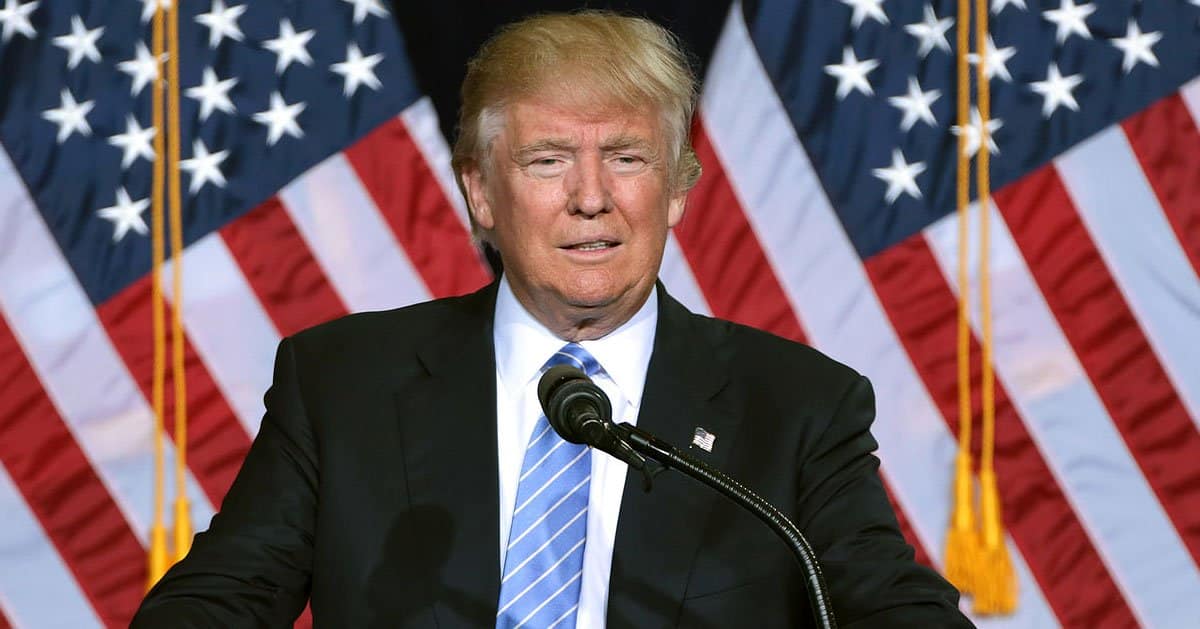







President Donald Trump just secured a whopping $24.5 million settlement from YouTube over the suspension of his account back in January 2021.
Breitbart reported that this settlement resolves a lawsuit tied to YouTube’s decision to suspend Trump’s account after the U.S. Capitol riot, while a separate $25 million deal with Meta, the parent of Facebook and Instagram, addresses a similar blacklisting of his profiles following the January 6 events.
Let’s rewind to early 2021, when the digital world seemed to turn on Trump faster than a trending hashtag. After the chaos outside the Capitol building, YouTube pulled the plug on his account, citing concerns over potential violence. It was a move that sparked outrage among conservatives who saw it as a clear overreach by Big Tech.
YouTube didn’t just stop at suspension—they scrubbed new content from Trump’s channel, claiming it violated their policies.
As Breitbart News reported, a spokesperson for YouTube stated, “After review, and in light of concerns about the ongoing potential for violence, we removed new content uploaded to Donald J. Trump’s channel.” Well, isn’t that convenient—silencing a sitting president under the guise of public safety while progressive voices seemed to tweet without a hitch?
This wasn’t an isolated incident, either. YouTube, alongside other social media giants, had been cracking down on content questioning the 2020 election results or expressing skepticism about coronavirus vaccines. Funny how those strict rules seemed to loosen up when Trump geared up for another presidential run, isn’t it?
Fast forward to the settlement, and Trump’s legal team has landed a significant victory with this $24.5 million payout from YouTube.
Of that hefty sum, $22 million is reportedly headed toward building a new White House ballroom, according to The Washington Post. Now that’s a renovation project even the most budget-conscious taxpayer might raise an eyebrow at.
The remaining chunk of the YouTube settlement will be split among other plaintiffs who accused the platform of censorship.
It’s a small but symbolic win for those who’ve long argued that social media companies play fast and loose with free speech when it suits their agenda.
Meanwhile, Trump also inked a deal with Meta for roughly $25 million, addressing the indefinite ban of his accounts on Facebook and Instagram after January 6, 2021. That lawsuit, filed in the same year, challenged what many conservatives see as a blatant attempt to mute dissenting voices.
Of Meta’s settlement, $22 million is earmarked for Trump’s presidential library fund, with the rest covering legal fees and other costs tied to the case. One has to wonder if Meta’s checkbook felt the sting of writing off what amounts to a costly misstep in overzealous moderation.
These settlements aren’t just about money—they’re a loud statement against the digital gatekeepers who’ve spent years deciding who gets a megaphone and who gets muted. For Trump’s supporters, this feels like a long-overdue pushback against a tech landscape that often seems tilted toward progressive ideals.
Let’s be clear, though: while conservatives cheer these outcomes, the other side will likely argue that social media platforms were justified in their actions.
After all, the Capitol riot was a dark day, and tech companies claimed they were acting to prevent further unrest. But when does precaution cross into censorship, especially when the rules seem to bend for one political stripe over another?
Critics of Big Tech’s policies might point out the hypocrisy in how quickly those same platforms rolled back their strict content bans. Once Trump was back in the political arena, suddenly the iron fist of moderation seemed to unclench. Coincidence? Many on the right would say hardly.
These settlements with YouTube and Meta mark a pivotal moment in the ongoing tug-of-war over online speech. For every conservative who feels vindicated, there’s a reminder that the fight for a fair digital square is far from over. The question remains: will tech giants learn from these costly lessons, or will they double down?
At the end of the day, Trump walking away with nearly $50 million combined from these two tech behemoths sends a message louder than any viral video. It’s a reminder that even in a world dominated by Silicon Valley’s algorithms, the power of legal accountability can still hit where it hurts—the bottom line.



